April 15, 2025 | 22:14 GMT +7
April 15, 2025 | 22:14 GMT +7
Hotline: 0913.378.918
April 15, 2025 | 22:14 GMT +7
Hotline: 0913.378.918
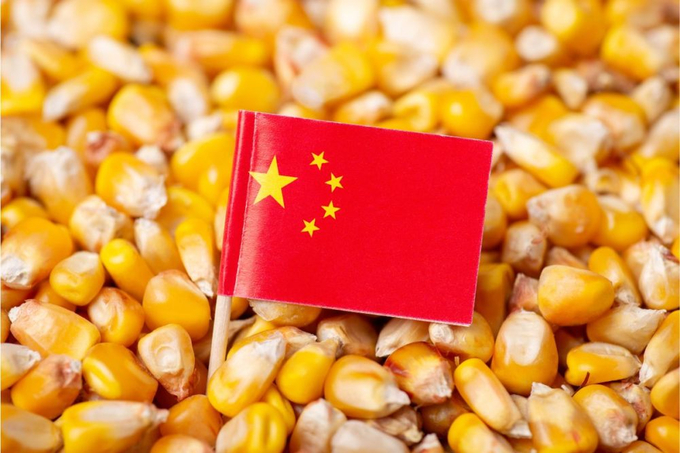
Photo: VITALII - STOCK.ADOBE.COM
With a greater planted area and heavier rainfall, China’s corn production estimate for 2023-24 increased 4.2% to 288.8 million tonnes, according to a report from the Foreign Agricultural Service (FAS) of the US Department of Agriculture.
Corn feed and residual use is estimated at 223 million tonnes. Feed mills are likely to mix more corn in rations on greater local supply, lower domestic prices and lower imported corn prices, the FAS said.
Demand for industrial use was up by 1 million tonnes from the previous estimate with corn-based ethanol profits increasing. Corn starch plants operated at an average of 58% capacity in the last quarter of 2023, up 7% from the third quarter.
“Food and industrial ethanol plants are also expected to operate at a similarly high level of capacity in 2023-24 compared to the last two years,” the FAS said.
Corn imports are estimated at 20 million tonnes, 3 million tonnes lower than the previous estimate. Farmers were calling for suspension of grain imports to protect farm incomes as prices fell below cost.
Wheat production in 2023-24 was adjusted to 136.6 million tonnes, down 0.8%, or 1.1 million tonnes, from last year due to apparent losses from heavy rain that hit key growing areas just ahead of the harvest. Wheat acreage increased by 0.5%, but yields were down 1.3%, the FAS said.
Wheat imports are estimated at 12.5 million tonnes, with China importing record volumes in the fourth quarter of 2023. Of that total, 7 million tonnes was from Australia, 2 million tonnes from Canada and 90,000 tonnes were from the United States.
(WG)
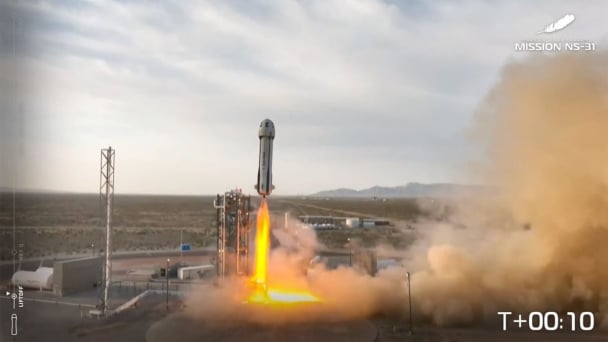
(VAN) 169 lotus seeds selected by the Vietnam Academy of Agricultural Sciences were carried into space by Vietnamese-American astronaut Amanda Nguyen.
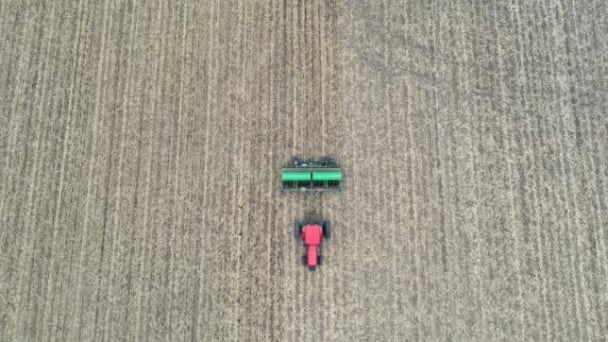
(VAN) Tariffs are making life more expensive for John Pihl. He's been farming in Northern Illinois for more than 50 years.

(VAN) European and American farmer organisations are concerned about the import tariffs that the United States introduced on 9 April for products from the European Union. This makes them 20% more expensive.

(VAN) Global poultry trade is expected to remain strong amid relatively tight global protein supply and growing consumption, RaboResearch concludes in its latest animal protein report.
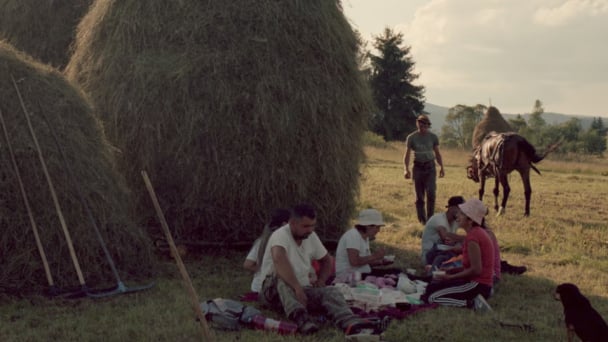
(VAN) Traditional methods benefit hundreds of species but as new agricultural techniques take over, the distinctive haystacks mark a vanishing way of life.

(VAN) The nation’s top banks are quietly advising their clients on how to build a financial life raft - or perhaps life yacht - from the wreckage of runaway climate change.
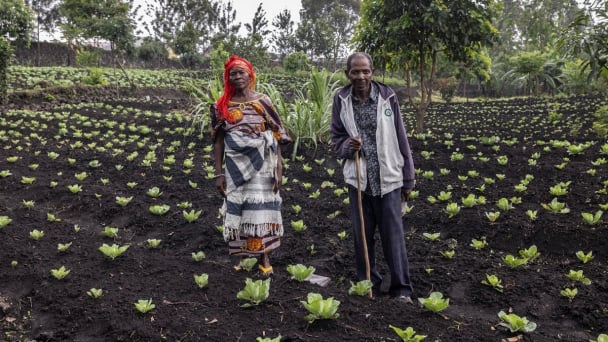
(VAN) From FAO Office in the Democratic Republic of the Congo.